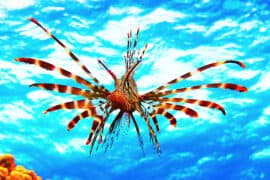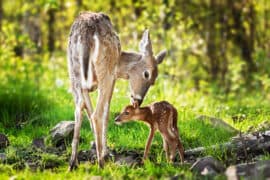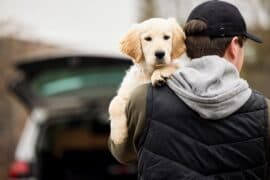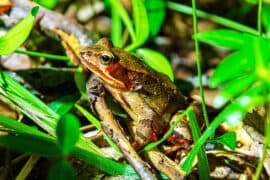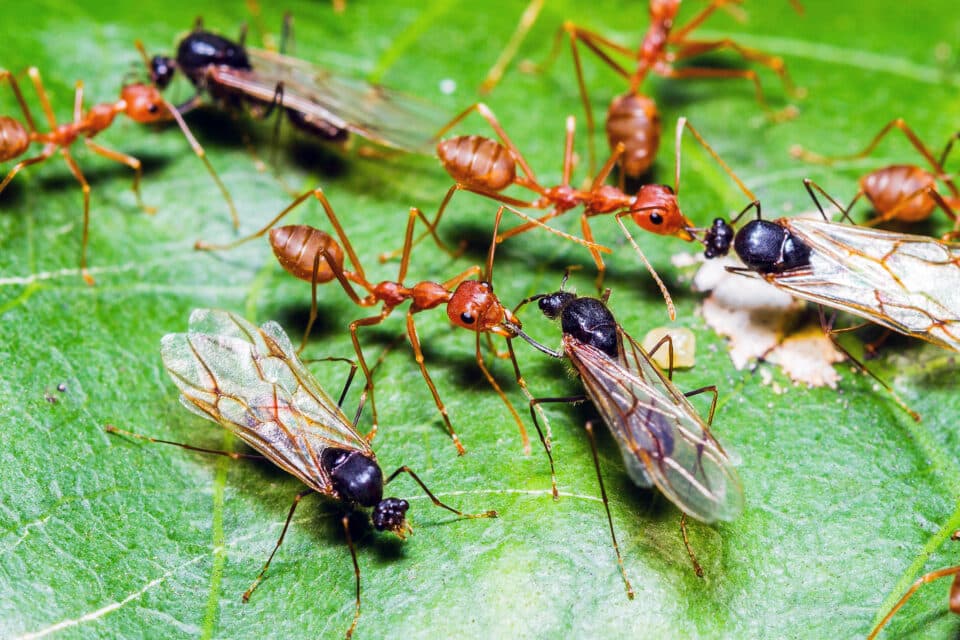
Ant queen behavior changes based on their social environment
Your work environment shapes your job, and guess what? It’s the same for ants. A new study discovers that ant queens aren’t born destined to be egg-laying machines — they actually change their behavior based on who’s around them.
Ant queen’s job description
The traditional view of ant colonies has always painted a clear division of labor: the queen, as the reproductive engine, solely dedicates herself to egg-laying, while the worker ants buzz around performing all the other necessary tasks to maintain and expand the colony.
This almost industrial efficiency, with roles seemingly assigned at the genetic level in some species, underscores the perceived rigidity of social insect societies. But what if this understanding is more of a generalization than a universal truth?
Dr. Romain Libbrecht and his research team from University of Tours have thrown a wrench into this neatly sorted mechanism. Their research suggests that the roles within ant colonies, particularly that of the queen, may not be as fixed as once thought.
Through their detailed observations and experiments, they have shown that the queen’s behavior and role can significantly change depending on the social environment of the colony.
Shifting of ant queen behavior
The scientists studied the common black garden ant (Lasius niger). Here’s the wild part: When a new queen starts a colony, she’s a Jill-of-all-trades. She takes care of the brood herself at first, ensuring those first precious workers hatch.
But, once those workers arrive on the scene? She transforms. Suddenly, egg-laying becomes her sole focus, and the workers take over everything else.
If you take an established, egg-laying queen away from her workers, she switches back to all-purpose mode.
“With regard to the ant species we studied, it is social factors that control whether queens become specialized or not. Our findings challenge the widely accepted notion of social insect queens as inherently specialized egg-laying machines,” Dr. Libbrecht said.
Is ant queen the boss?
This discovery flips the script. We thought queens were in charge, giving orders to the workers. Now, it looks like workers might subtly control the queen’s behavior, shaping the whole colony’s division of labor.
Why would this system evolve? Scientists are still working that out. Maybe a queen that can help out when the colony is tiny has a better survival chance.
Or, maybe a colony can respond better to food shortages or danger if the queen isn’t always tied to egg-laying duties.
Study implications
This isn’t just about ant trivia. “If social environment shapes such a fundamental aspect of ant colonies, what else might it influence?” Dr. Libbrecht wonders. It turns out, studying critters with seemingly simple lives can teach us profound lessons.
Perhaps the way genes and environment interact is far more flexible than we ever thought. This has potential implications for all kinds of biological systems — maybe even ourselves!
Dr. Libbrecht is fascinated by how critters adapt to their environment. He used to work at Johannes Gutenberg University Mainz and now digs into insect mysteries at the CNRS in France. He wants to know what makes insects change their behavior and even their bodies in response to the world around them.
Comparison with other insects
When we peer into the miniature societies of ants, bees, and wasps, we witness marvels of cooperation and efficiency. Each group displays a unique social system that shapes its survival and success.
By exploring their differences, we gain a deeper understanding of the fascinating diversity of the natural world.
Ants: Adaptable and resilient
Ant colonies are renowned for their rigid division of labor. The queen presides as the sole egg-layer, while workers diligently forage, care for the young, and defend their home.
Yet, as researchers like Dr. Romain Libbrecht reveal, even within this structure, there’s room for flexibility. Ant queens may adapt their roles based on their colony’s needs, adding a surprising layer to their complex society.
Bees: Masters of specialization
Unlike ants, honeybee societies exhibit extreme specialization. The queen’s sole purpose is reproduction, while sterile female workers handle all other tasks.
Male drones exist only to mate with a queen. These unyielding roles enable remarkable efficiency and productivity within the hive.
Wasps: A balance of structure and flexibility
Wasp societies bridge the gap, with queens, workers, and males performing fairly distinct roles. However, a key difference lies in their adaptability.
If a wasp queen dies, worker wasps may step into the reproductive role — a flexibility rarely seen in bees or ants. This underscores the importance of adaptability within a social structure.
Shared principles across insect species
Despite their differences, ants, bees, and wasps rely on some shared principles. Communication, via intricate methods like pheromones or dances, is vital to their coordination.
Their division of labor, whether rigid or fluid, demonstrates how specialization promotes a thriving community.
Exploring these insect societies reveals incredible diversity, adaptability, and the undeniable benefits of cooperation. Ants teach us about resilience within a strict order, while bees exemplify unwavering specialization. Wasps showcase the value of flexibility in social roles.
These insect empires offer potent lessons for understanding our own world, potentially inspiring better organizational structures and technology.
The study is published in Functional Ecology.
—–
Like what you read? Subscribe to our newsletter for engaging articles, exclusive content, and the latest updates.
Check us out on EarthSnap, a free app brought to you by Eric Ralls and Earth.com.
—–



